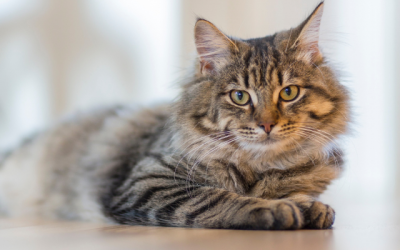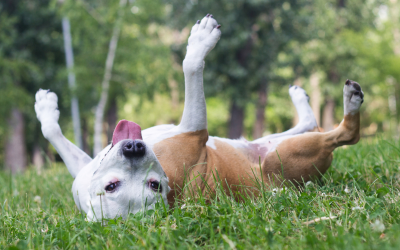Vaccinations
Vaccinations are one of the most important preventative health care measures you can provide your pet
If you own a puppy, kitten, cat, or dog then keeping them up to date with vaccinations is essential. At our Animal Hospital, we follow the World Small Animal Veterinary Association (WSAVA) Vaccination Guidelines for all of our vaccinations.
Puppies and Dogs
Puppies require a primary course of vaccines – these are recommended at the following intervals:
- First Puppy C3 Vaccine at 6-8 weeks of age
- Second Puppy C3 Vaccine and KC Vaccine (called a C5 vaccine when combined) OR C3 Vaccine only at 10-12 weeks of age
- Third Puppy C3 Vaccine and KC vaccine OR C3 Vaccine only at 14-16 weeks of age
- Fourth Puppy C3 Vaccine – this is required if your puppy received their 3rd vaccine when they were less than 16 weeks of age.
The C3 vaccination will protect against Canine Parvovirus, Canine Distemper Virus and Canine Hepatitis. The KC vaccine protects against Canine Infectious Tracheobronchitis (also known as “kennel cough”).
Adult dogs require a booster at 15 months of age and we currently recommend annual boosters thereafter combined with an annual health check.
If you own an adult dog and are unsure of his/her vaccination history we recommend a C5 vaccine, and then an ongoing annual booster.
In recent years there has been the introduction of three year vaccines for the C3 component. As we are in a high risk area for canine parvovirus we do not currently recommend this vaccine but as the virus prevalence changes we may adapt our vaccine protocol.
We have also just introduced a vaccine for the prevention of canine leptospirosis and coronvavirus due to the recent case of leptospirosis in Wollongong. Leptospirosis is a highly contagious disease that can cause a severe life threatening illness and is transmissible to humans. It can be contracted in areas where there are rats and standing water.
If your pet is displaying any of the below signs, please call us to book an appointment immediately:
- Vomiting
- Abdominal Pain
- Lethargy
- Discolouration of the eyes (white to yellow)

Kittens and Cats
Kittens require a primary course of vaccines – these are recommended at the following intervals:
- First Kitten F3 Vaccine from 6-8 weeks of age
- Second Kitten F3 Vaccine at 10-12 weeks of age
- Third Kitten F3 Vaccine at 14-16 weeks of age
- Fourth Kitten Vaccine – this is required if your kitten received their 3rd vaccine when they were less than 16 weeks of age.
The F3 vaccination will protect against Feline Panleukopaenia Virus, Feline Herpes Virus and Feline Calicivirus.
Adult cats require a booster at 15 months of age and we currently recommend annual boosters thereafter combined with an annual health check.

Rabbits
Young rabbits require either one or two calicivirus vaccinations depending on their age and conditions of housing:
- <10-12 weeks of age: need two vaccinations 3 – 4 weeks apart then annually
- >10-12 weeks of age: requires one vaccination and then annually
Adult rabbits require an annual booster against Calicivirus.

We also offer vaccinations for horses, goats, alpacas, sheep and cattle. Please contact us on (02) 4261 4055 to discuss your large animal vaccine requirements.
Book an appointment today!
Latest News
Feline Cat Osteoarthritis
Osteoarthritis is a common condition that affects cats, just as it does dogs. In fact, up to 40% of cats may suffer from osteoarthritis, particularly those over 8 years old. While cats often show very subtle or no changes in behavior when they are in pain, it is...
Pet Anxiety
Anxiety is a common issue among pets and is being diagnosed more frequently as pet owners become more aware of the signs to look out for. The past few years have contributed to an increase in pet anxiety as many animals have become used to their owners being home all...
Summer Allergies
Allergies are one of the most common conditions we see in our dogs in the Spring and Summer every year. If your dog suffers from allergies you may notice any of the following symptoms / clinical signs: Licking their feet Chewing their feet Scratching their ears,...



